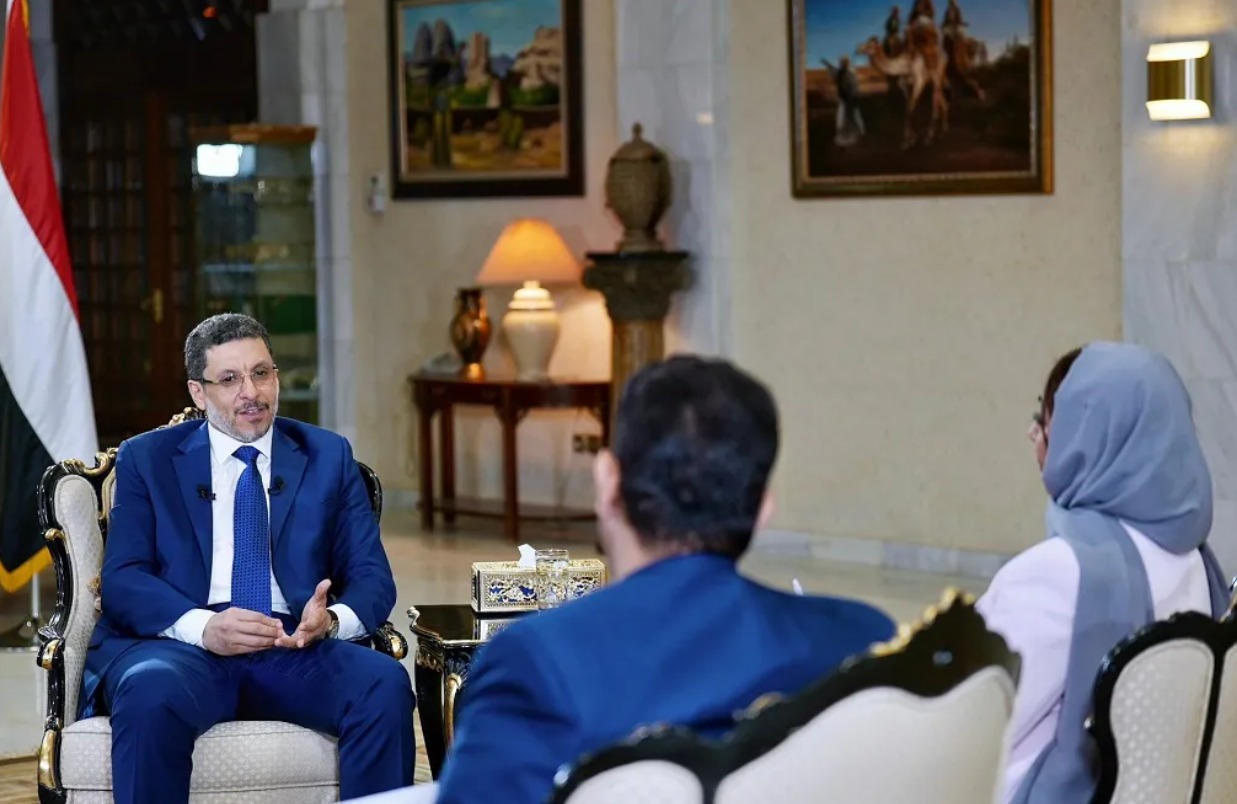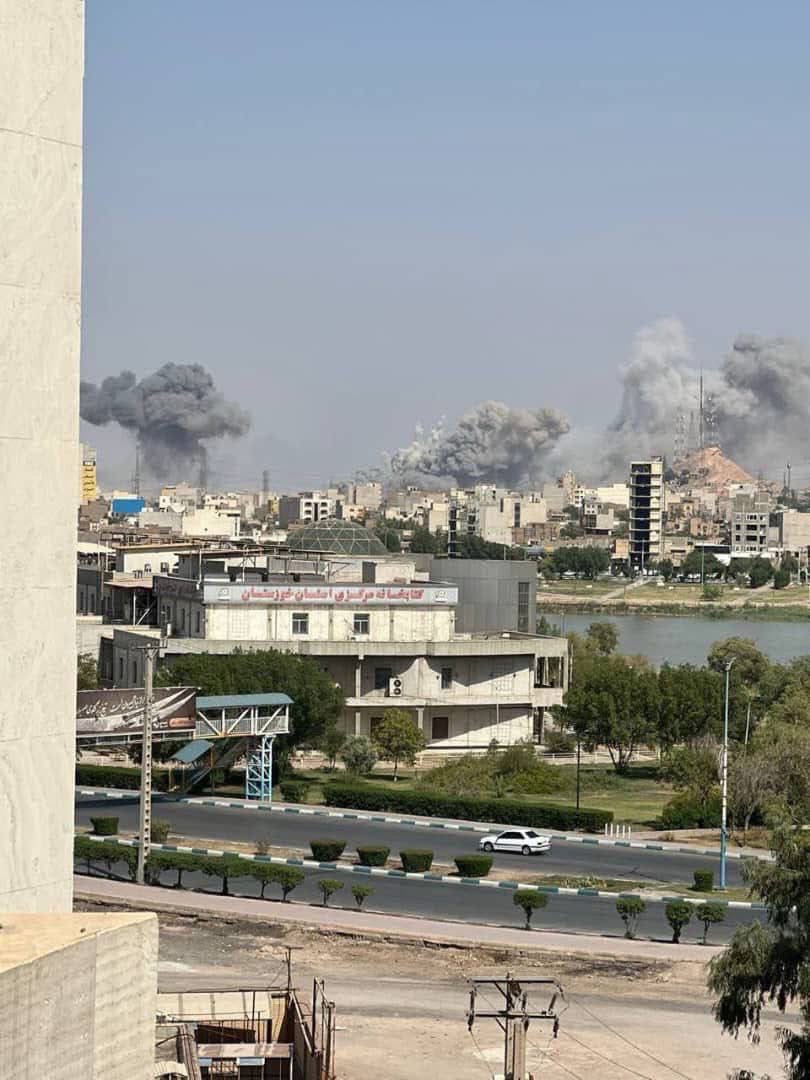
Barran Press
Ahmed Awad bin Mubarak, the head of the internationally recognized Yemeni government, recently spoke about the pressing electricity problem in the country and the lack of trust citizens have in their government. In an interview, the first since he assumed the presidency of the Yemeni government, broadcast by the official Yemen and Aden channels and seen by "Barran Press", Bin Mubarak highlighted the challenges his government faces due to its diverse ministerial formation, consisting of parties loyal to Yemeni legitimacy with differing political visions but united against the Houthi control in northern Yemen.
Facing the People's Distrust:
Bin Mubarak, appointed in February 2024, admitted that citizens lack trust in the government. He attributed this to the challenging circumstances surrounding his appointment and the diverse political views within the government. Despite their shared opposition to the Houthi rebels, these differing perspectives create internal friction.
Breaking Barriers and Engaging with the Public:
To bridge the gap between the government and the people, Bin Mubarak has adopted a more approachable style. He emphasizes direct contact with citizens, listening to their concerns, and breaking down barriers. He believes this engagement is crucial for understanding the needs and challenges faced by the Yemeni people.
Financial and Administrative Challenges:
The Prime Minister acknowledged the government's financial and administrative struggles. He emphasized the need for financial and administrative reform, efficient resource utilization, and rationalization of spending. He also highlighted the importance of developing new revenue streams.
Yemen's Ongoing Battle with the Houthis:
Bin Mubarak stressed that despite the ongoing truce, Yemen remains in a state of war with the Houthi rebels. He condemned their "dynastic and priestly project" and reaffirmed the government's commitment to restoring the state and achieving peace based on established terms of reference. He also acknowledged the sacrifices made by Yemeni forces, with over 300 soldiers killed in the past three months.
Addressing Institutional Imbalances:
The Prime Minister pointed to the institutional imbalances caused by the 2014 overthrow of the state and the subsequent relocation of the capital to Aden. This resulted in the duplication of ministerial functions and the loss of institutional memory. He emphasized the need to restructure these institutions and address the policies of the past.
Economic Hardships and Austerity Measures:
Bin Mubarak acknowledged the severe economic challenges facing Yemen, particularly the loss of 65-70% of its resources due to the Houthi-imposed restrictions on oil exports and the movement of goods. This has forced the government to implement a strict austerity plan, including cuts in foreign travel and workshops.
Commitment to Salaries and Electricity Reforms:
Despite the economic difficulties, the government remains committed to paying salaries for all civilian and military personnel. Bin Mubarak also stressed the government's commitment to implementing comprehensive reforms in the electricity sector to address the chronic power shortages plaguing Aden and other governorates.
Regarding the electricity sector, Bin Mubarak outlined the government's efforts to implement comprehensive reforms rather than temporary solutions. The main challenges in this sector lie in the procurement and transportation of oil derivatives, as well as the maintenance of dilapidated networks. He revealed that the President's station in Aden currently operates on crude oil, requiring transportation from Ma'rib to the port of Al-Nashima for processing. To address this, oil will now be supplied by PetroMasila for Aden Electricity.
A Call for Trust and Unity:
The Prime Minister's interview reveals a government grappling with complex challenges and a deep public distrust. His focus on engagement, reform, and commitment to basic needs suggests a willingness to address these issues. However, rebuilding trust and achieving lasting peace will require a concerted effort from all stakeholders, including the government, the Houthis, and the international community.
Ahmed bin Mubarak was appointed as Prime Minister on February 5, 2024, succeeding Maeen Abdulmalik. Before his current position, Bin Mubarak served as Ambassador and Extraordinary Plenipotentiary to Washington in July 2015 and later as Minister of Foreign Affairs and Expatriate Affairs in December 2020 in the government of national competencies.





